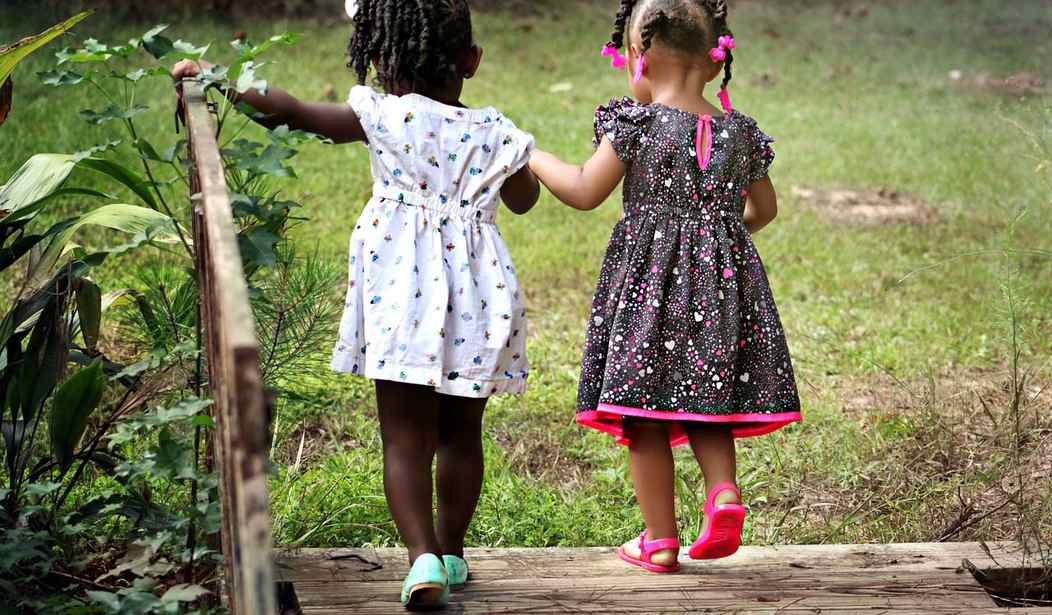As adults, we’re predisposed to think of protecting children. I suppose it’s something encoded in our DNA, a way in which we can insure that humanity continues to thrive by making sure the next generation is safe and sound.
It’s not universal, though.
After all, we’ve all heard the stories about some parent who murders their kids. We’ve seen examples far too recently, unfortunately.
But most who don’t feel this need to protect the young in some way are just apathetic. They simply don’t care enough to not risk a kid’s life.
As a result, a lot of innocent kids have been killed recently.
Yet for many, the answer lies exclusively in gun control.
Firearm-related deaths became the leading cause of death for children ages 1 to 19 years old in 2020, according to a letter in the New England Journal of Medicine last spring.
In 2022, 11% of homicides in the city of Atlanta were children and teens. During the holidays, just weeks before Deshon was killed, four other teens under the age of 18 died in shootings.
This week, AJC reporter Alexis Stevens wrote about Atlanta Mayor Andre Dickens kicking off his “Year of the Youth” plan to help curb the violence among the city’s children and teenagers.
“The vast majority of our homicides are interpersonal — people that are acquaintances, people that are familiar to one another, domestic violence, you have a business relationship or a neighbor. They are angry. They have access to a gun. And they use it,” Dickens said.
The initiative includes programs such as a midnight basketball league and employment opportunities for teens during summer and winter breaks. Those are positive efforts, but they don’t address the most important part of Dickens’ statement, “They have access to a gun.”
Some people will read this column and they won’t connect the deaths of Deshon and the other teens that recently died in shootings to the 39 school shootings that have occurred in Georgia from 1970 through May 2022, or to the 51 kids in Georgia, age 19 and under, who were lost to firearm suicide deaths in 2019.
It is easier to parse the details of each incident and speculate on whether the perpetrators are criminals or mentally ill rather than focus on what we know for sure in every case — someone had access to a deadly weapon.
First, we really need to stop lumping 18- and 19-year-olds under the heading of children. They’re either adults or they’re not. They can legally vote, enlist in the military, sign a contract, live on their own without parental permission, and so on. They’re adults.
And let’s be clear, those account for the lion’s share of “children’s deaths” we’ve seen.
Many of those school shootings are gang shootings that simply happened in schools. At least one of the shootings involved a police officer in a murder-suicide.
So these claims only tell a bit of the story, not the whole truth.
Further, they don’t tell the truth about how gun control would impact these shootings. After all, while it’s true that all the shooters had access to a gun, few of them had access to a gun lawfully, and that’s the rub.
See, this idea that Georgia needs gun control ignores the fact that few of these people got guns lawfully, and those that did were unlikely to be disarmed under literally any new effort put in place.
Instead, this is just a classic case of using emotion and only part of the truth to try and manipulate people into thinking a certain way.
Further, this claim ignores the untold number of children’s lives saved because of guns during that same time.
Children’s safety matters. There’s no mistake about that.
But gun control doesn’t make anyone safer. It never has and never will.








Join the conversation as a VIP Member